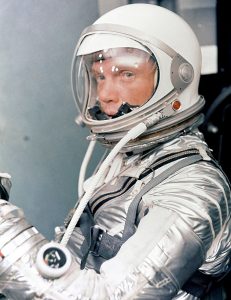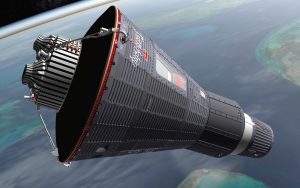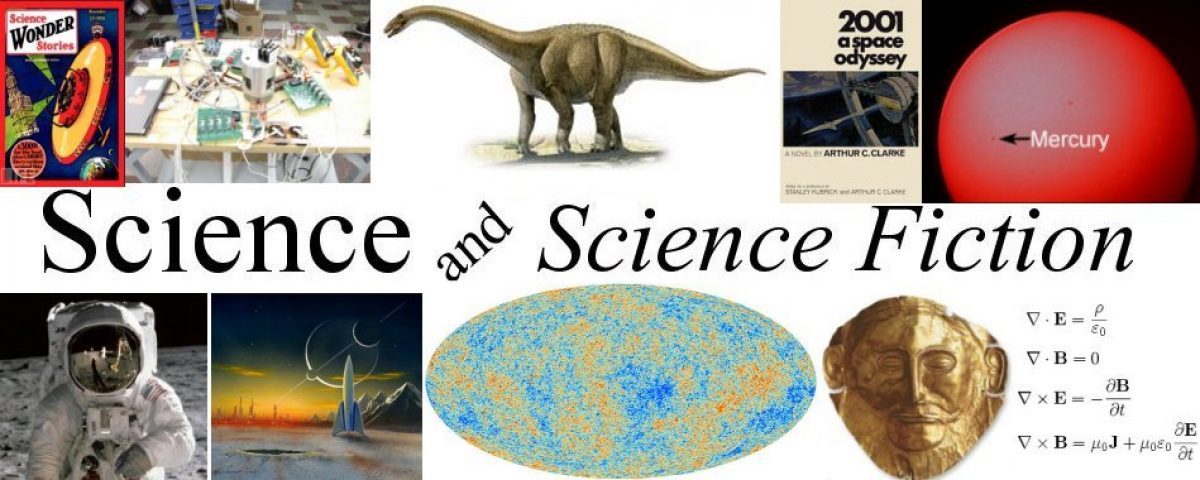I have something really exciting to talk about today; batteries! What’s that you say, batteries aren’t exciting. Well, consider this, how much time do you spend recharging the battery in your smart phone and how often are you not able to get the latest scores from it because your battery is low.
Think of how many more electric cars there’d be on the road today if they could go further than a hundred miles before having to spend six hours or more recharging. Over the last two decades solar and wind power production technology has made rapid progress but green energy is still being held back by the problem of storing that energy for use during the night or when the wind is calm. The only solution at present is a huge bank of batteries that costs more than the solar arrays or wind turbines producing the energy.
The plain fact is that over the past one hundred years to only real advance in battery technology is the development of the Lithium battery which we all know from the news are prone to catch fire if you ask them for just a wee bit too much current. Really battery performance has become the limiting factor in the progress of many technologies that are otherwise ready to emerge into our daily lives.
Which gets me back to where I started. I have something really exciting to talk about today; batteries!
The first new development I’d like to discuss comes from a story in the magazine of the Institute of Electricians and Electrical Engineers, IEEE Spectrum and reports on research into Lithium-Sulfur batteries. Lithium Sulfur has the potential ability to hold five times the energy of current Lithium-Ion batteries but their performance has so far decayed rapidly every time they are recharged. The new research is led by Professor Guihua Yu at the University of Texas at Austin and has succeeded in encapsulating the Sulfur electrodes in polypyrrole-manganese dioxide nanotubes. While that is a bit beyond the chemistry I learned it has succeeded in reducing the loss of battery performance to 0.07 percent per charge cycle.
There are still some problems to be resolved, especially the tendency of the Lithium and Sulfur to develop dendrites that can short circuit the battery but hopefully Lithium Sulfur batteries will soon reach the stage where their greater capacity can attain widespread use.
To read the original article in IEEE Spectrum click on the link below.
The second story come from Merry Olde England where the daily express is reporting on the research of Dr. Brendan Howlin from the University of Surry and actually deals with what is claimed as a major breakthrough in the development of Supercapacitors rather than familiar chemical batteries.
Now, the chemical compounds that ordinary batteries use to store energy simply do not react as fast as electronic components like a transistor, that is why batteries take to long to charge and why their discharge currents are so limited. A capacitor however stores its energy in electric charge, actual electrons, and even a huge capacitor back can be fully charged, or discharged in less than a second. Until now however the amount of energy a capacitor could store was tiny compared to that of a chemical battery. Capacitors were great for small amounts of energy in an instant but simply could not hold enough energy for phones or drones or similar uses.
Doctor Howlin however, reports that he has increased the amount of energy his supercapacitors can store by a factor of 1,000-10,000 using the same materials used in soft contact lenses. If this is true, Doctor Howlin’s capacitors could allow electric cars to travel just as far as gasoline powered cars and be recharged just as quickly as pumping gas. Elon Musk of Tesla electric cars has often said that supercapacitors with this performance are the breakthrough electric cars have been waiting for.
To read the original story from the express click on the link below.
P.S. Before I go today I have to take a moment to mention the passing on Thursday of John Glenn. I was seven years old and in second grade on February 20th, 1962 when John became the first American to orbit the Earth. My class at Thomas Holme School was allowed to go to the school auditorium to watch the mission on a small TV placed on the auditorium stage. I may not have been able to see much but I will never forget that. There can never be any doubt that John Glenn was an example of the best of what the Human Race can be. Godspeed John Glenn.


